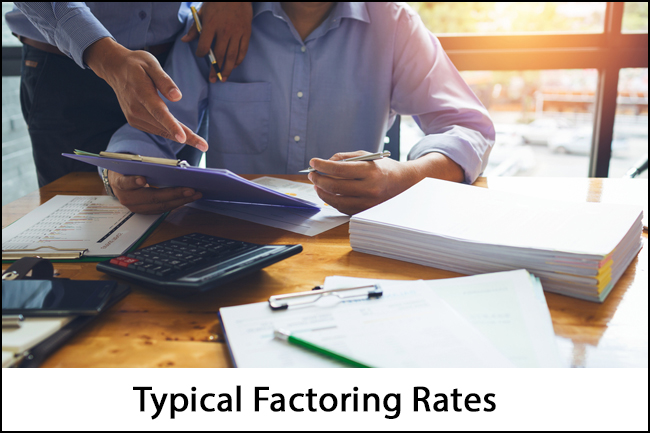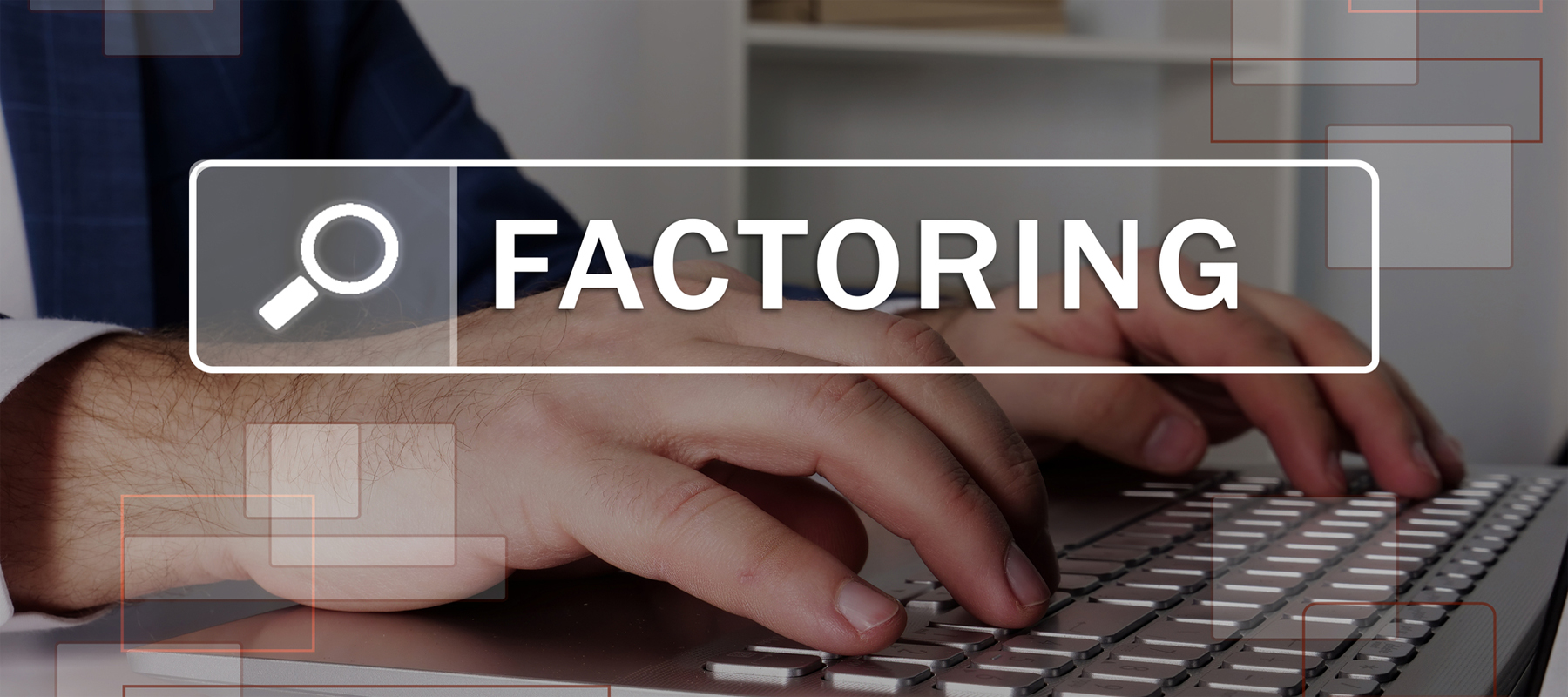Discover the Cost of Cash Advance Accounts Receivable Factoring
Last Updated: January 31, 2023
CostOwl.com note: Need a factoring service at an affordable rate? Fill out the 30 second questionnaire below and our factoring partners will send you free price quotes.
On This Page
Accounts receivable factoring, also known as commercial factoring, is a way for your business to easily convert outstanding invoices into cash. Whether you need the money to pay to fund new projects, pay employees, or pay off debt, accounts receivable factoring can be a great benefit to your business. Sometimes waiting 30 to 90 days for customers to pay what they owe you just isn't feasible.
You can sell your accounts receivable to a factoring company (also called a factor) in order to get the money you need now. That will advance you a percentage of their value. Once the factor receives payment in full for the invoices from your customers it returns the remaining balance of the receivables to you, minus a factoring fee (or discount rate). If your company is considering invoice factoring then use this buying guide to learn more about how the process works and the associated costs.
An Overview of the Accounts Receivable Factoring Process #
Factoring accounts receivable works in the following manner:
- After deciding to work with a factoring business, you give them copies of the accounts receivable that you would like to sell to them. Note that you can generally select which invoices you'd like to exchange for funding. In other words, it's not all or nothing.
- The factor researches your clients to determine whether they are creditworthy and submit invoice payments on time. After receiving the original invoices, the factor validates them by checking the signatures, dates, etc. They then inform the client that invoice payments will go directly to the factor rather than your business.
- Upon approving the receivable, the factor pays you, on average, 70% to 90% of its value, typically by a wire transfer to your bank account. You may be able to get the receivable funding is as little as 24 hours. Although, it may take two to five days.
- Once the factor has been paid by your customers, it returns what remains of the receivable balance, minus a factoring fee.

Accounts Receivable Factoring Average Costs #
The costs typically associated with factoring receivables are as follows:
- In general, you will pay a factoring fee of between 1% and 5% for accounts receivable financing. But, a number of factors can all affect the actual rate. These factors include the volume of your invoices, the quality of your customer base, the risk of the industry you work in, and the specific terms of the agreement.
- Another consideration is whether you choose to engage in recourse or non-recourse business factoring. Recourse factoring means that you agree to pay an additional fee if the invoices you submit are not paid on time. With non-recourse factoring, on the other hand, you are not responsible for invoices that don't get paid. Non-recourse factoring is more expensive. It also has stricter criteria because the factor assumes more risk than with recourse factoring.
- The factor fee is also affected by the billing process. Most factoring financing follows what's known as non-progress billing. It involves standard invoices, payment received for time and materials or goods and services. For ongoing invoices that get paid in installments, such as a construction project, there is progress billing, which typically has a higher factoring fee.
- Finally, some factoring companies may charge a one-time set up fee to establish your factoring account, which could set you back around $500 to $2,500, in addition to an initial brokerage fee of up to 3%.
- For a better idea of how much factoring accounts receivable costs, check out what these customers paid
Accounts Receivable Factoring Sample Costs #
- A Florida equipment company paid a $700 set-up fee and a 4% factoring fee.
- A Maryland healthcare company paid a 3% factoring fee for customer payments received within 30 days, plus an additional 1% per 10 days of overdue payments.
- A consultant in Georgia paid around $800 in set-up costs, a 3.25% factoring fee, and a $35 collection fee for paid invoices.
- A Louisiana construction contractor paid a 5% factoring fee.
- An Ohio transportation company paid 3% for invoices paid within 30 days, plus an additional 1% per ten days of late payments (up to 6% max).
Resources
